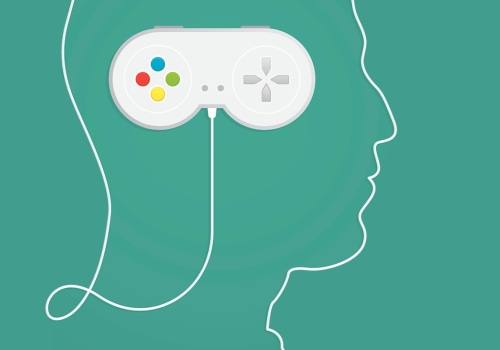Online gaming has become increasingly popular in recent years, and with it, the ability to mod games has become more accessible. Modding is the process of altering a game's code or content to create a new version of the game. This can be done for a variety of reasons, from creating new content to cheating in online games. In this article, we'll explore what modding is, how it works, and the implications it has for the gaming industry. At its core, modding is the act of changing a game's code or content to create a new version of the game.
Modding can be done on both console and PC games, though it is more common on PC games due to their open architecture. When it comes to console games, most of the tricks you're likely to see are when a person can edit their saved game file. This doesn't require the person to have to waste time with the console, and there is software that can do all the heavy lifting needed on the PC. While it's possible to ban it, these types of traps tend to be so prolific that console manufacturers don't even bother to try.
But the reality is probably more that, unlike modifying a console, this type of cheating doesn't mean you can pirate games and cost them a sale, so they don't care. Hacking has also become a very simple task. Almost all players can now hack the game without having previous knowledge, can follow simple steps, and can hack the game. They can use modified versions of the game or use a hacking tool to hack certain parts of the game. The modified version is available online; these mods are created by professional hackers. The versions of the modders are previously pirated and the values are changed.
These tricks can't be hacked again. The disadvantage of relying on modified games is that the player has to wait a long time because the developer must first play the game and then hack it by looking at the vulnerable parts of the game. The video game industry is currently faced with the question of how much it should take advantage of players' contributions when creating new material for the game or mod communities as part of its in-game structure. This is easily exploited because console games aren't usually created with security in mind, unlike PC games. For some other reason, games store useful data (useful for cheaters) in plain text, allowing people with limited knowledge to easily modify the data. Modifying a game can also be understood as searching for and installing modifications to the player's game, but changing pre-existing settings and preferences is not actually modifying. Mods can extend the lifespan of games, such as Half-Life (199), which increased sales figures during its first three years of release.
As a result, other features of the game such as its popularity and capabilities have a dominant effect on how many mods are created for it by users. Fortunately, Synergy also increases enemy appearances if another player joins, so playing in cooperative mode doesn't greatly affect difficulty. For 360s, there are very active online communities that maintain and distribute software to edit saved data; this is where 99% of cheating will occur and developers will make no real effort to stop them. As early as the 1980s, video game mods were also used for art rather than actual gaming. The ability to compromise a game depends largely on what is sent to the client's games and how much verification is done based on player input. The Steam Workshop service allows users to easily download and install mods on compatible games. With hacking software, it's very easy to see messages sent as part of multiplayer games and also very easy to change what is sent.
Think of all this as if you have total control over your unique identifiers, content in your games, and information sent over networks between you and another person. Mods can range from minor changes and tweaks to complete revisions; they increase value through repetition and interest in playing them as well as providing an outlet for self-expression for mod developers.



